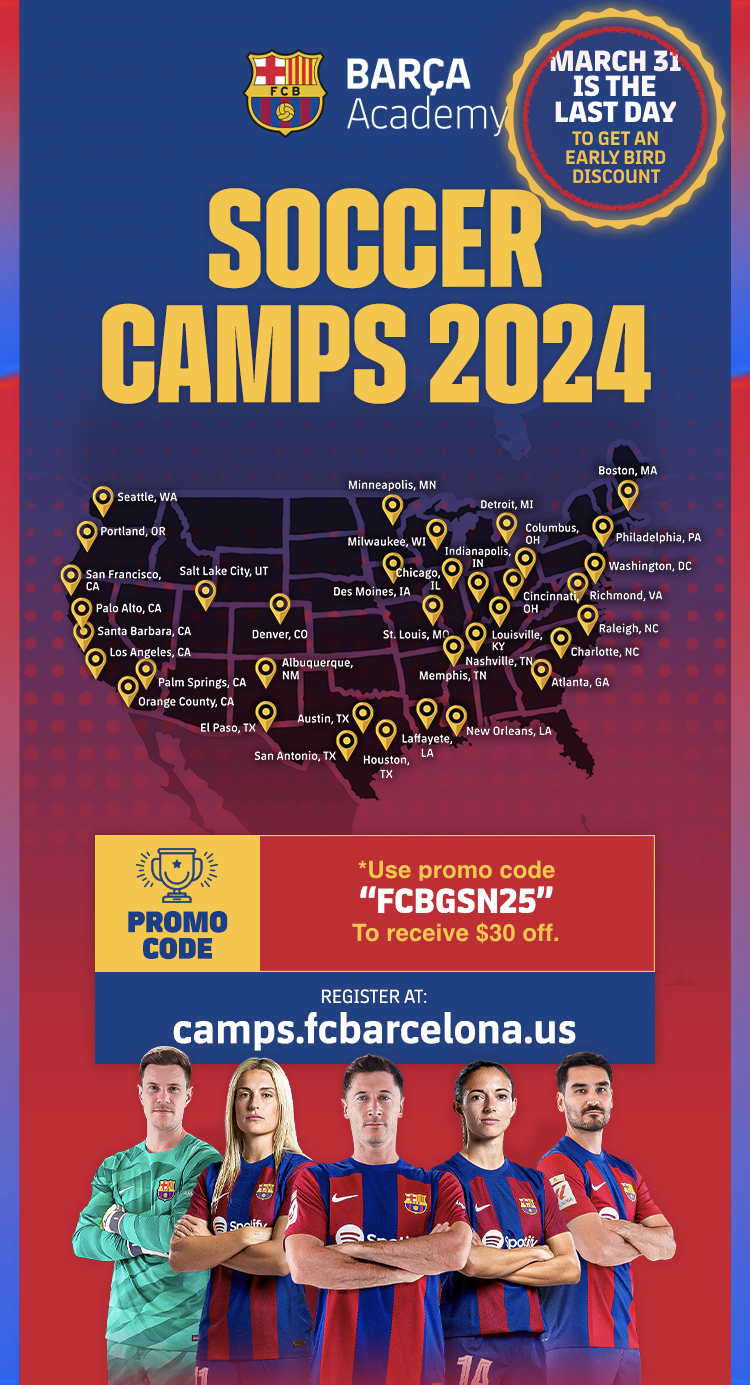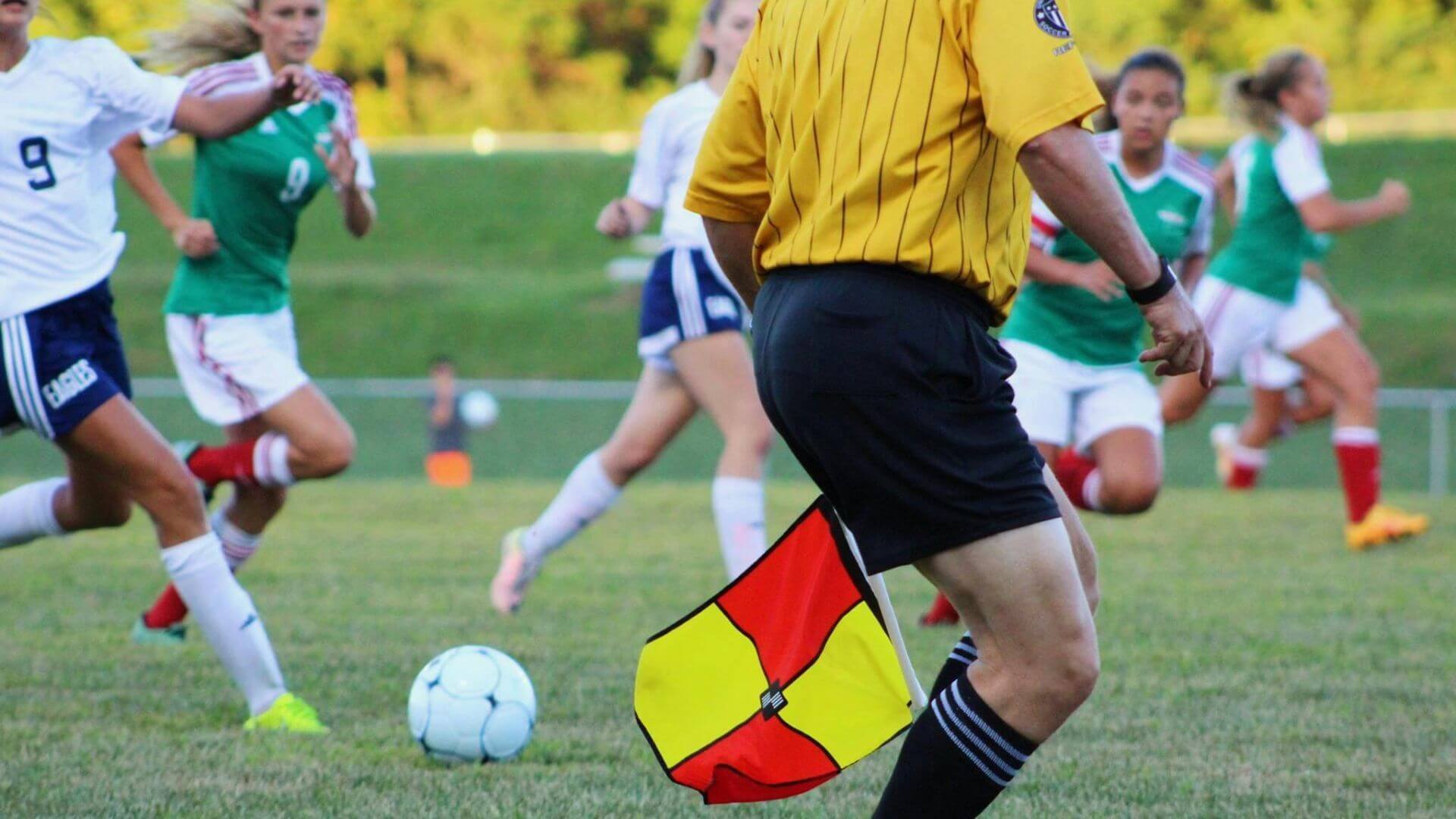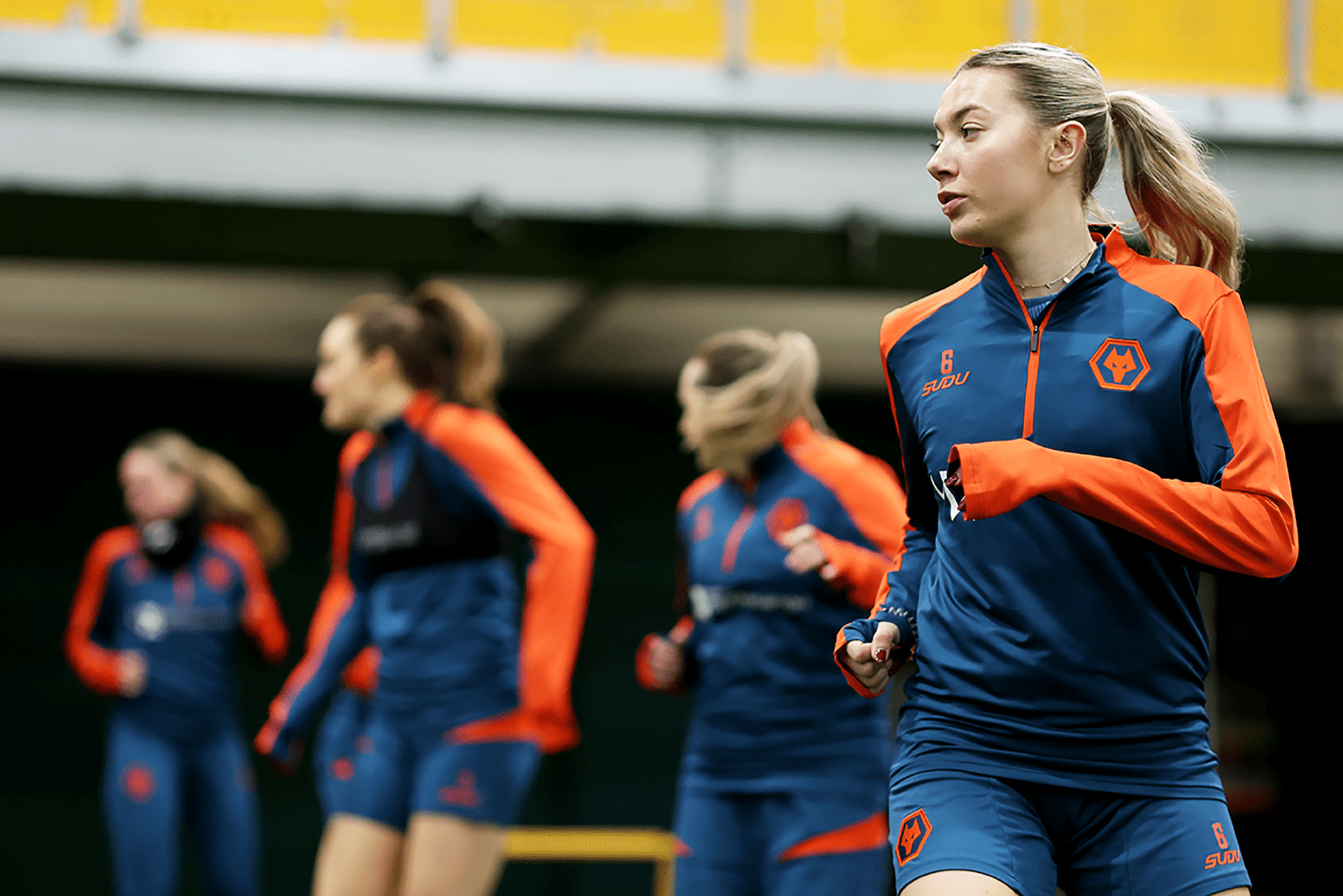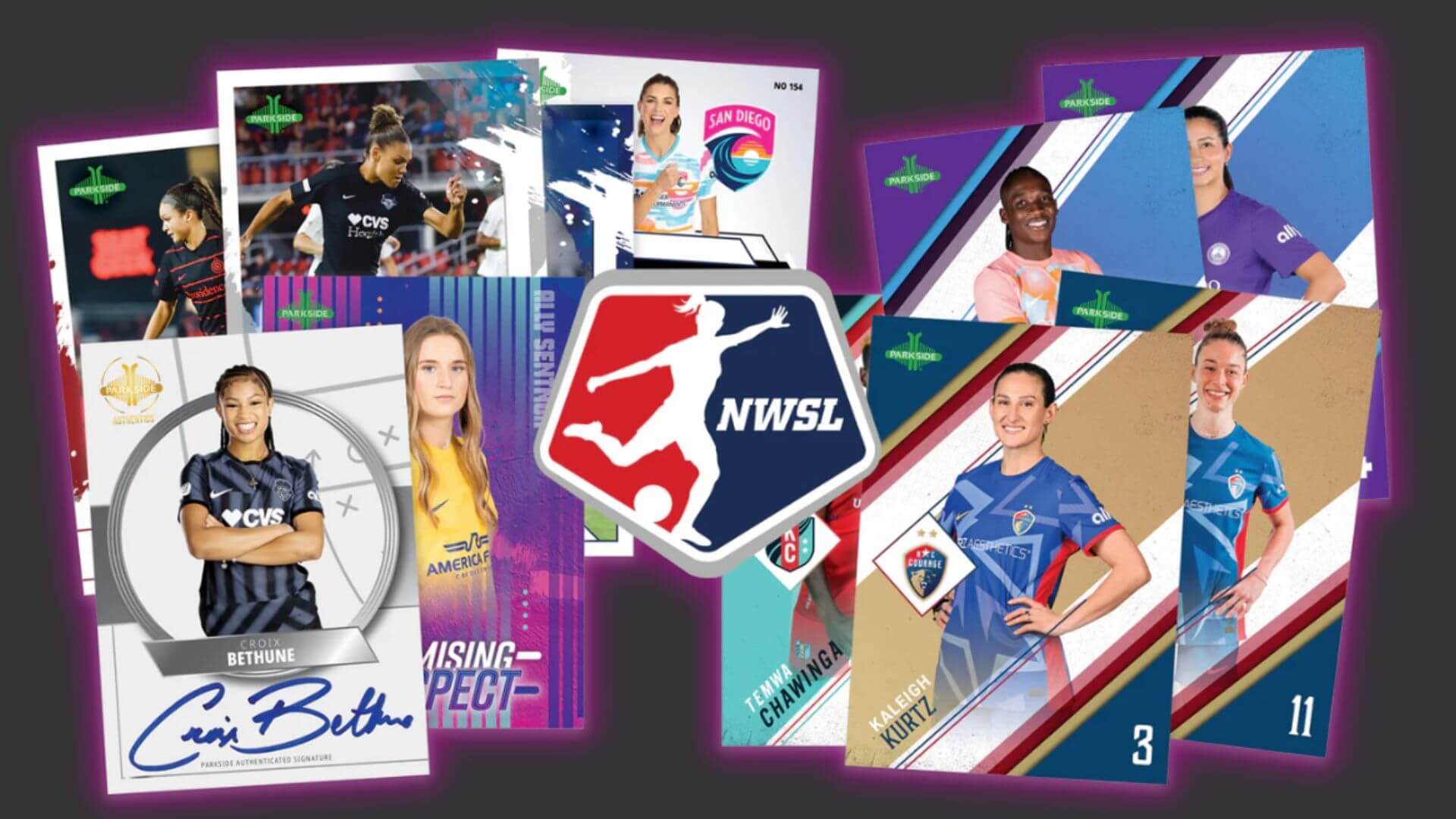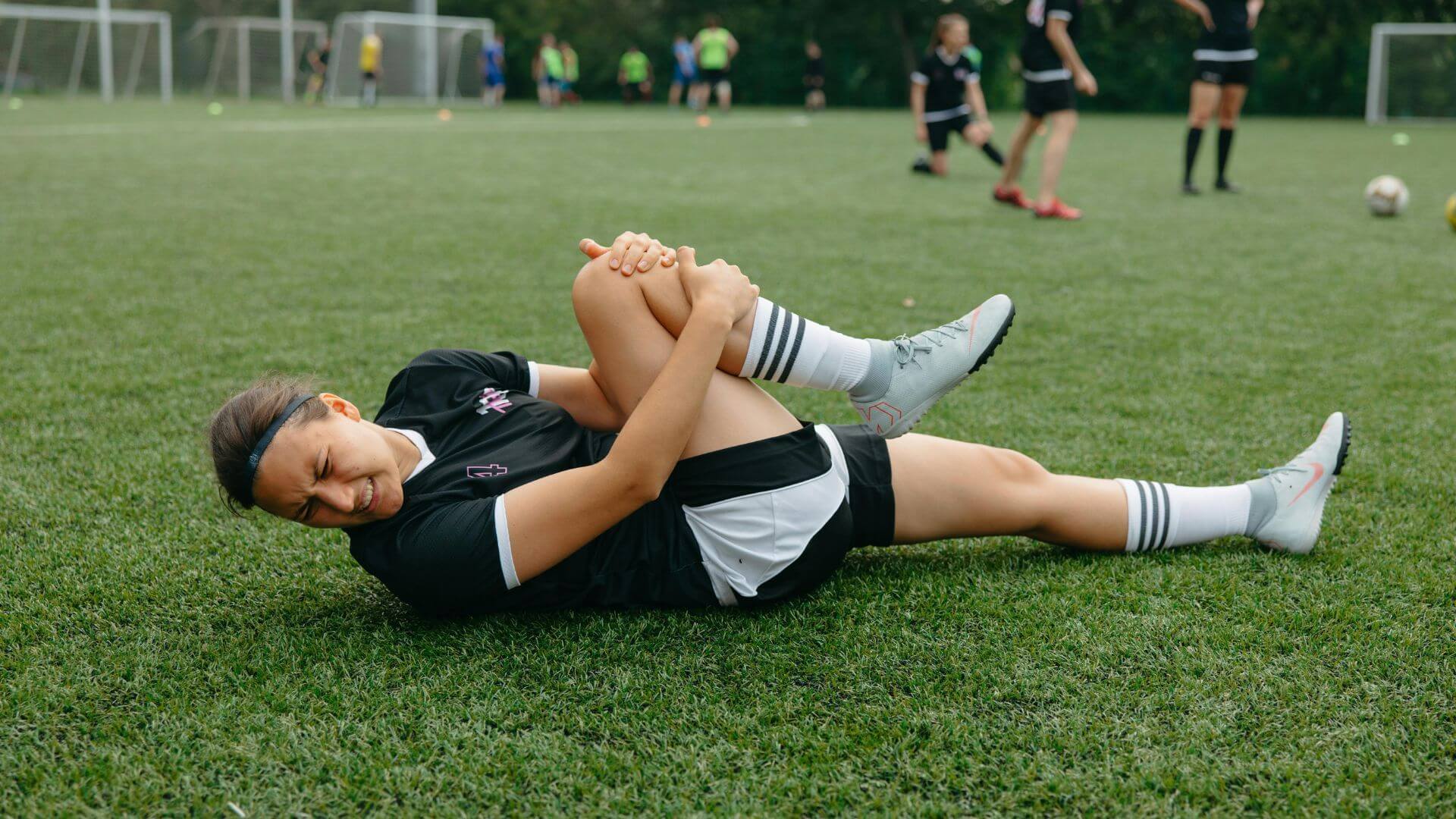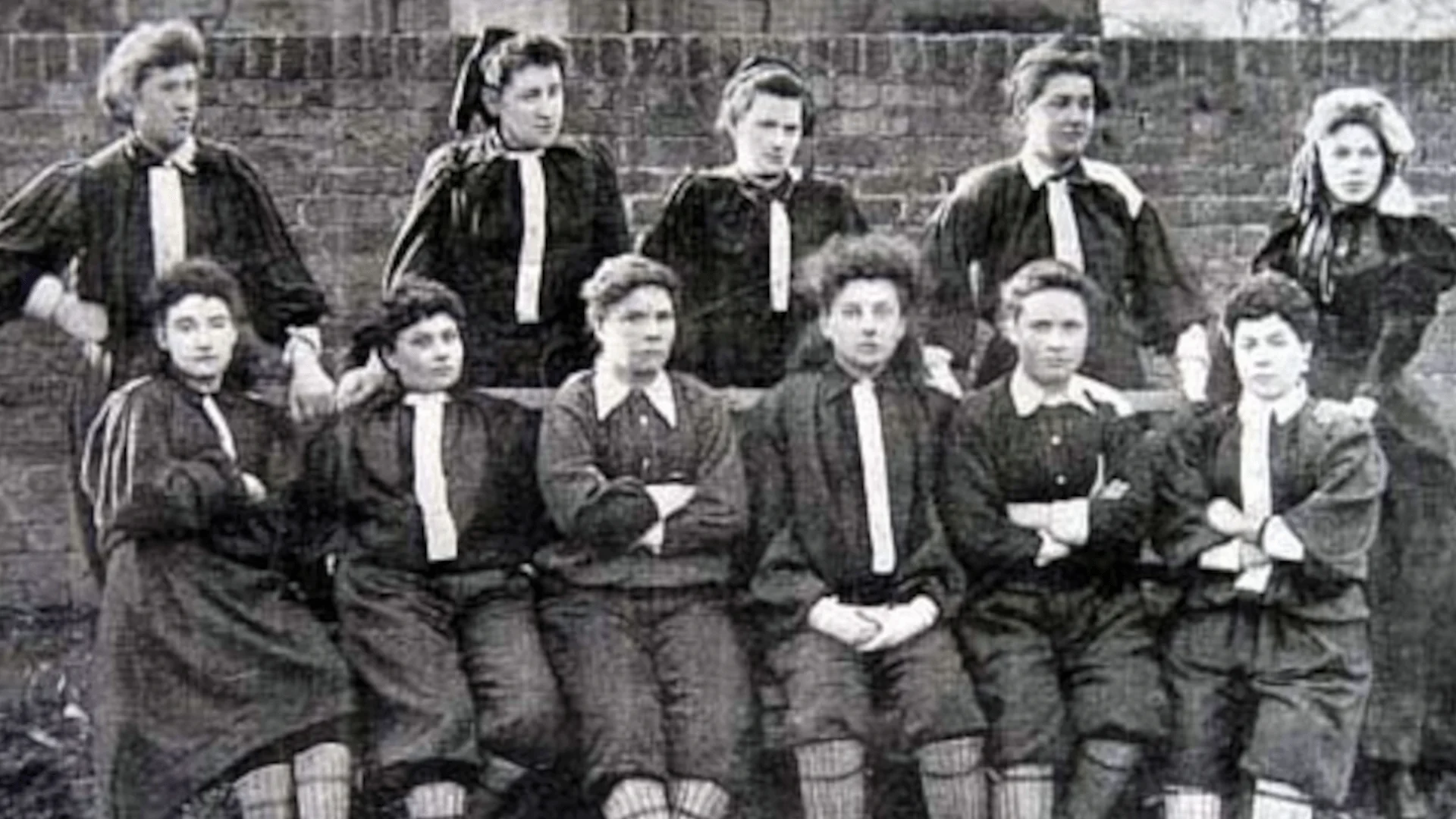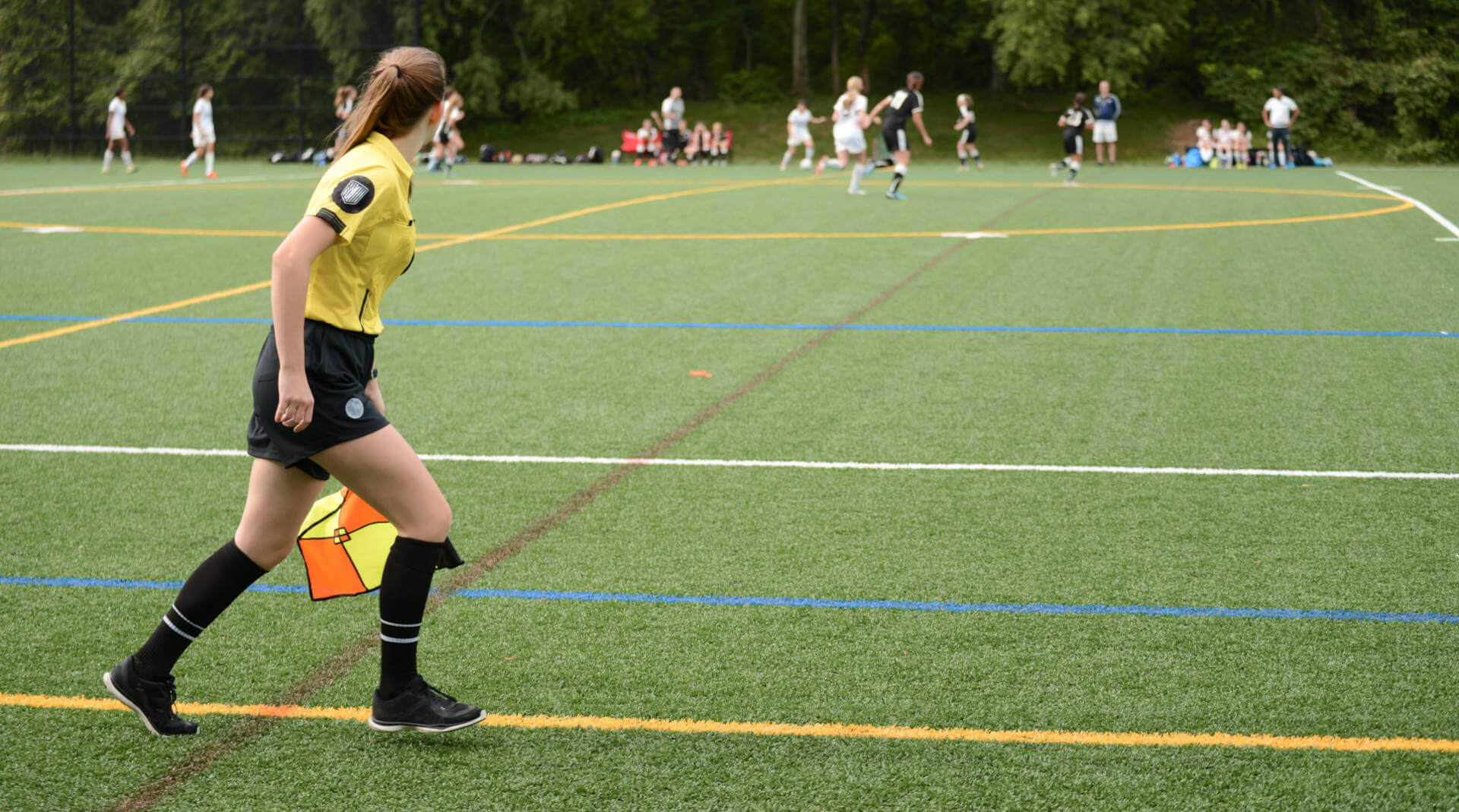Soccer Skills Can Build a Winning Resume
You have learned many lessons through playing soccer. Soccer has shaped you and made you a better person. But how do you express that when you are looking for a job? Putting “played soccer for 12 years” does not get your experience across to someone who may be hiring. Here are some tips and ideas on how to put your soccer skills on your resume or job application.
What type of resume should I write?
Today, you can create many different types of resumes. You could do a traditional chronological resume that lists work experience and schooling. In a traditional resume, you can list soccer under “Experience” or “Leadership.” However, without work experience, this format may not maximize your strengths. For you, a functional or behavioral resume may work better.
A functional resume presents your knowledge as a set of skills. In soccer, you have learned teamwork, leadership, time management, and more. Each of these skills could be listed separately on a functional resume. Following the skill, you would write a short, bulleted list of specific examples. Remember any coaching and volunteering you are doing and list any awards you have won.
A behavioral resume is a good choice for someone just entering the working world. This resume focuses on your character, traits, and accomplishments, showing a prospective employer what you will become. Your headings can be things like Self-Motivated, Disciplined, Goal-Oriented, Confident, and Detail-Oriented. They can also be phrases like “knows how to compete successfully” and “works well under pressure.”
How should I describe my skills?
A modern resume contains topical groupings of bullet-pointed lists. Each entry should start with an action word and contain specific goals achieved. For example, under “Commitment” you could write “Displayed dedication by playing soccer all four years of high school” and “Participated in before-school work-out sessions with soccer team.” Or, under “Leadership” you could write “Coached Under-11 soccer team in summers 2018 and 2019” and “Mediated disputes between players as Captain in Senior year.” Each of these bullet points contains a dynamic example of your skill/behavior and is led by a specific action verb.
What do businesses want in an employee?
The top skills employers look for are time management, collaboration, emotional intelligence, creativity, adaptability, adaptive thinking, and service orientation. You’ve learned all (or most) of these in your time playing soccer. You were adaptable when the coach moved you to midfield from defender. You showed a service orientation by helping young fans learn to play soccer and by taking part in community service projects with the team. Your creativity rose when you helped your friends design new plays. Your displayed time management when you committed 20 hours per week to soccer training while maintaining a full student course load and a busy game schedule.
On a job application, you can list skills and behaviors in much the same way as you list them on a resume. It is a good idea to have a resume. Even if employers do not use it, you can use it to help you remember what you want to put on a job application. Professional players list sports at the core of their resumes. You are more trained for work than you might think. After putting a resume together, the world can see your super-star self.



